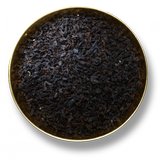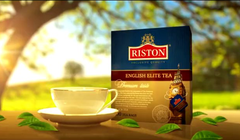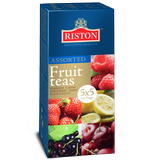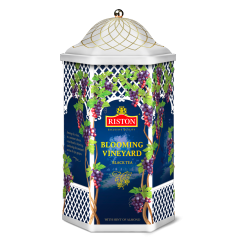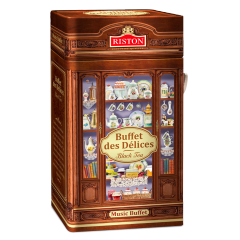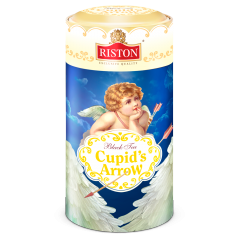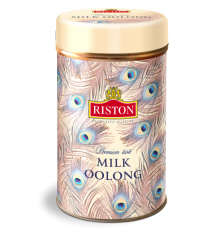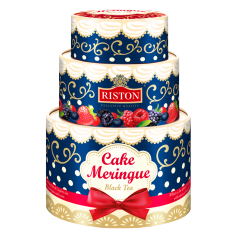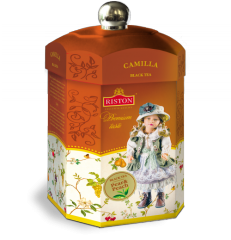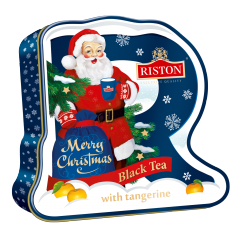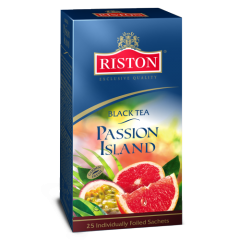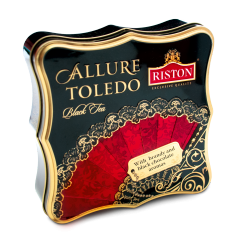Tea testing is an art. The work of a tea tester is hardly a profession; it is actually a passion. If indeed this can be considered work, then it is exclusively ‘manual’ in nature. Despite technological advances and attempts to find ways of scientific laboratory methods that may be used to determine the quality of the tea, the responsibility for this important task still lies with a person – a specialist tea tester, whose vivid, immediate impression, paradoxically, is ultimately more objective and accurate than the testimony of any analysis.
After all, to reproduce human judgment is something that cannot be achieved by any piece of equipment. As long as people love drinking tea, the significance of this profession will not decline.
It takes at least five years to train a tea tester and even after 10 years, having tested millions of cups, they would still be learning. For this purpose, these individuals must abide by a number of limitations, not only in the performance of their work, but also in everyday life.
How much does one need to know and understand to fully sense such a fine drink like tea? Biology, botany, chemistry, geography, physics, economics and even the global market – this is by no means an exhaustive list of the knowledge that a professional tea tester must possess. This profession requires the ability to retain in one’s memory an entire collection of tea smells and tastes and to know their origin, ancestry and history. A good tea taster knows the peculiarities of all or most of the tea plantations in the main tea producing countries. Finally, someone in the tea testing profession requires a great deal of self-discipline, accuracy, precision and endurance, as well as the ability to withstand physical stress.
Sometimes a tea tester has to evaluate up to 1,000 samples of tea a week, and not simply ‘slurp 1,000 samples,’ in addition to performing numerous operations associated with the testing and give their decisive conclusions in this regard.


